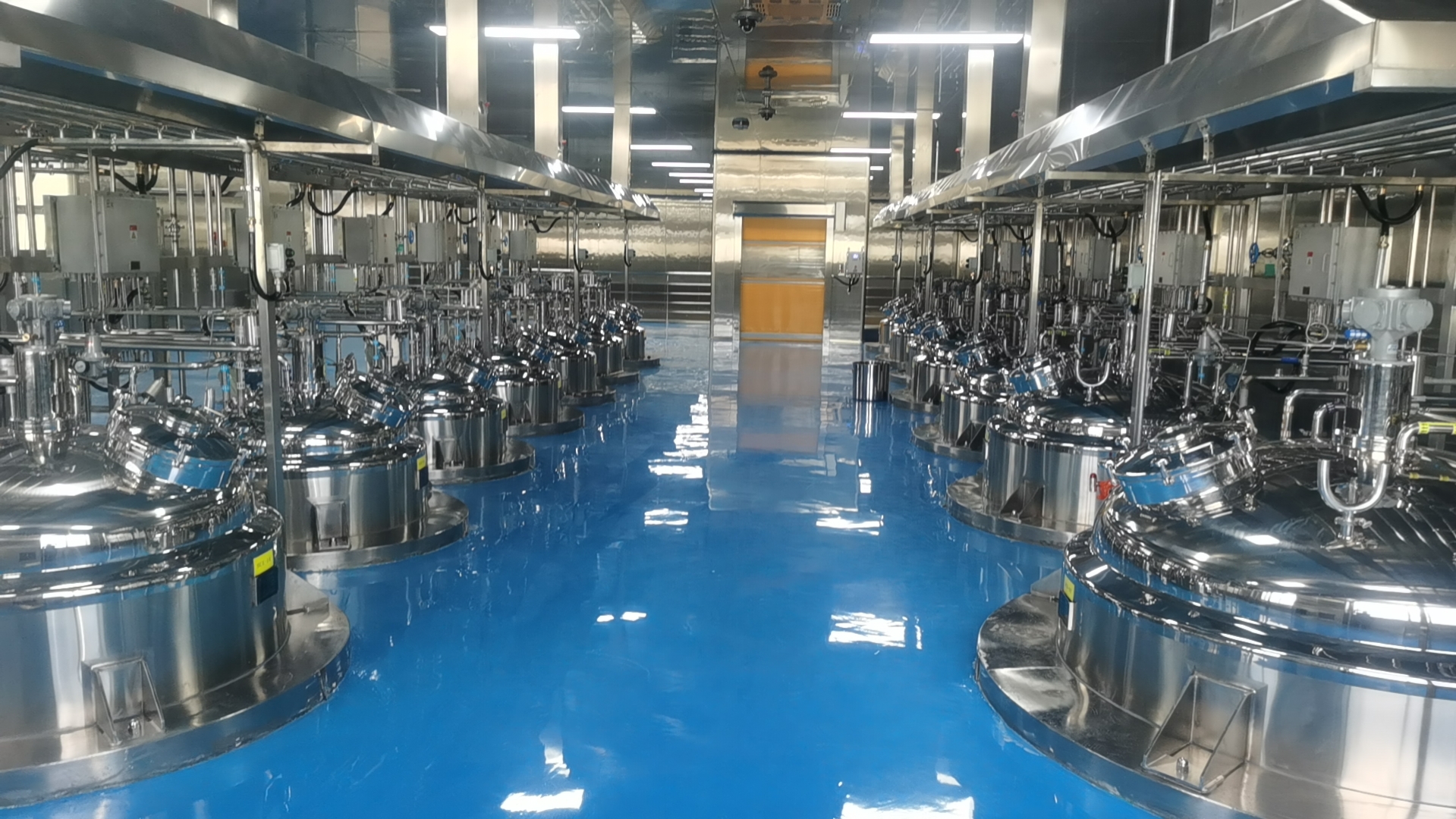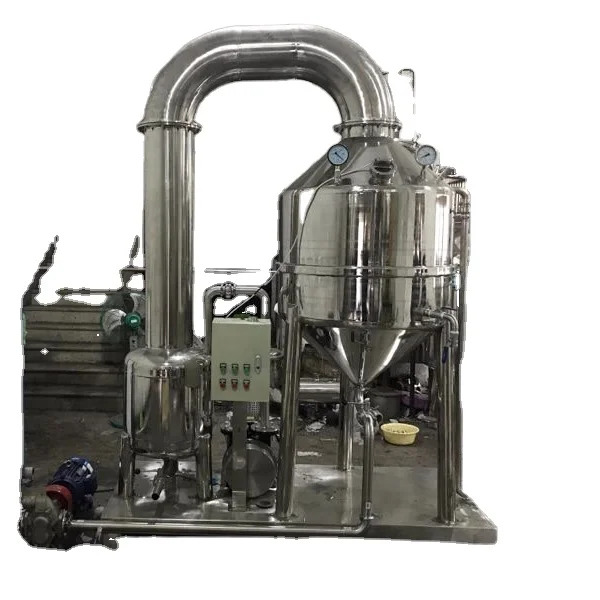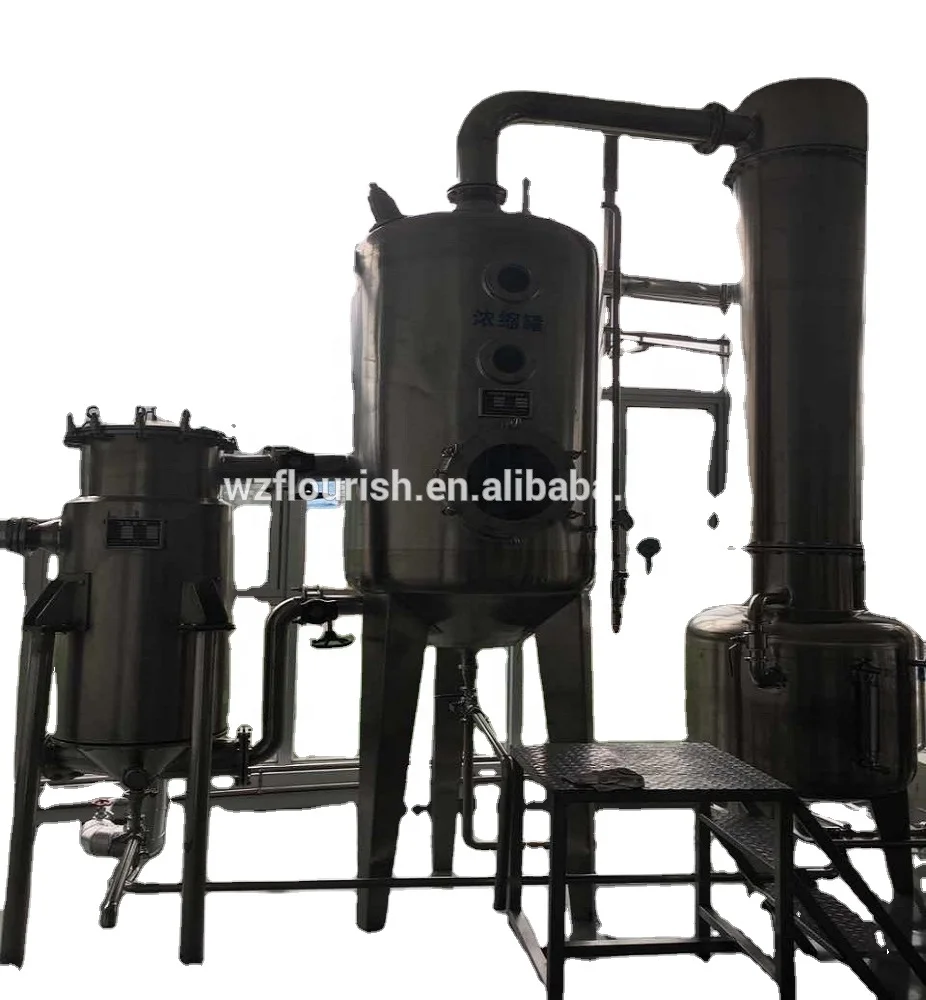
ABOUT
Wenzhou Vince Machinery Science Co., Ltd. was established in early 1980s. Our company covers an area of 6500 square meters and is an independent legal representative firm, possessing rich economic technology strength. Our company is a high tech enterprise and plays an important role in national dairy, foodstuff, pharmacy and machinery industries. We are a beverage machinery supplier.
Since the establishment, our company has mainly engaged in dairy products, foodstuff, beverage machinery, bean products, yellow wine, medicines and fermentation projects. What's more, our company supplies a complete sequence services in manufacturing, installation, test and personnel train, as well as the whole direction service design and consulting service on product project construction or enlargement artistic distribution engineering sets budget.
Pasteurizing Tank Design and Operation Guide
Tank Material Selection
The choice of material significantly impacts the tank's lifespan and the product's safety. Stainless steel is the preferred material due to its durability, corrosion resistance, and ease of cleaning. Different grades of stainless steel exist, with the choice depending on the specific product and processing parameters. The guide provides detailed guidance on selecting the appropriate grade for optimal performance and to prevent potential metal leaching into the product.
Other materials, like glass-lined steel, may be considered for specific applications, but they often come with limitations regarding cleaning and maintenance. The guide meticulously analyzes the pros and cons of various materials, guiding the reader towards the most suitable option for their needs.
Heating and Cooling Systems
Efficient heating and cooling are paramount for effective pasteurization. The guide examines various heating methods, including steam injection, hot water circulation, and electrical heating, detailing their advantages and disadvantages. The selection depends on factors like energy costs, processing time, and the product's heat sensitivity.
Similarly, the guide explores different cooling techniques, such as plate heat exchangers and immersion cooling, providing detailed information on their performance characteristics and applicability to different products. Optimization of both heating and cooling cycles is crucial to achieve uniform pasteurization and minimize the risk of product degradation.
Cleaning and Sanitation Procedures
Maintaining the hygiene of the pasteurization tank is crucial for preventing microbial contamination and ensuring product safety. The guide outlines detailed cleaning and sanitation procedures, emphasizing the importance of using appropriate cleaning agents and sanitizers. Regular cleaning and inspection are vital to prevent biofilm formation and ensure the long-term efficiency of the tank.
The guide also provides guidance on validation procedures, ensuring that the cleaning and sanitation processes are effectively eliminating microbial contaminants. This section highlights the importance of documentation and record-keeping, crucial for compliance with regulatory standards.
SUBSCRIBE
INQUIRY





